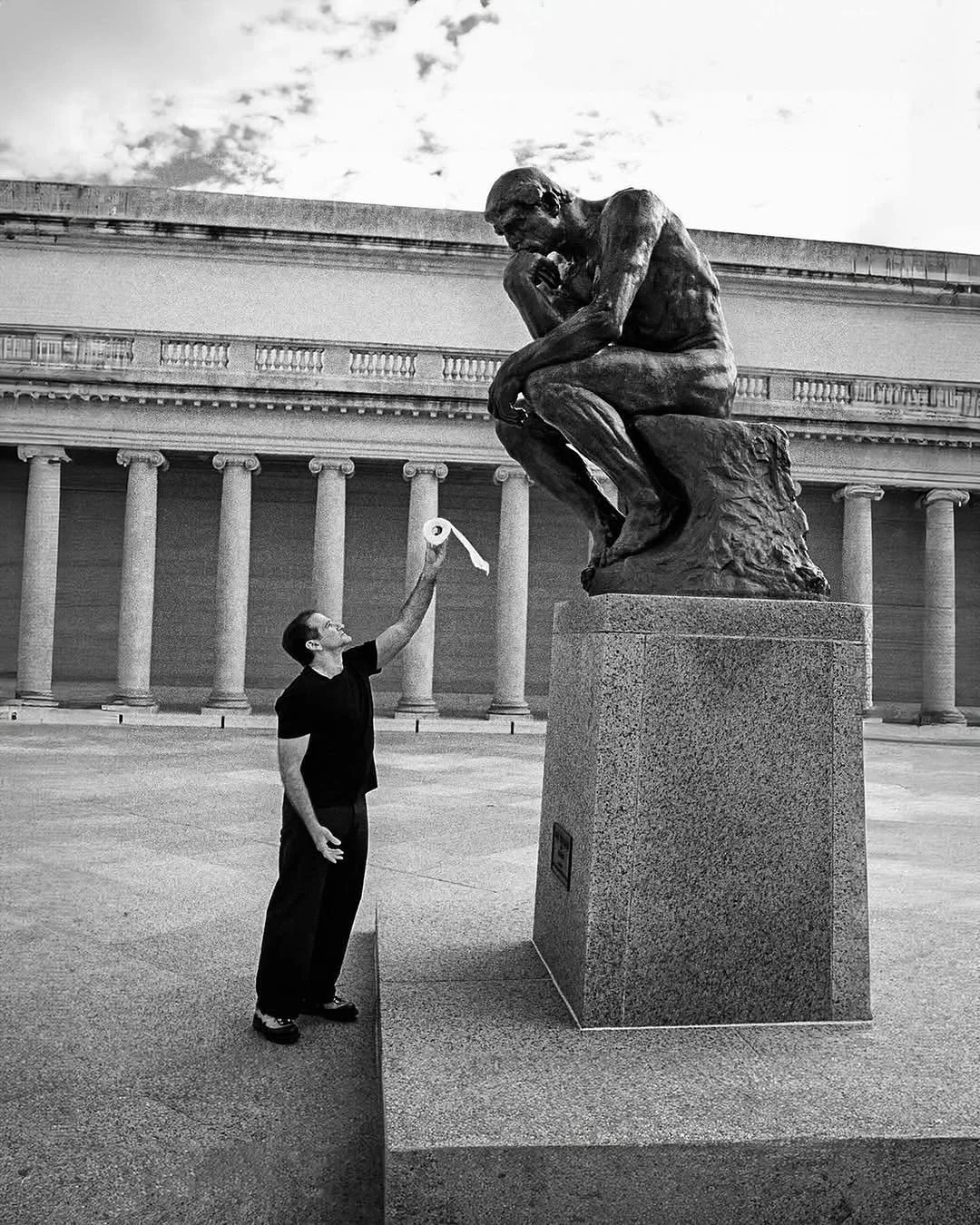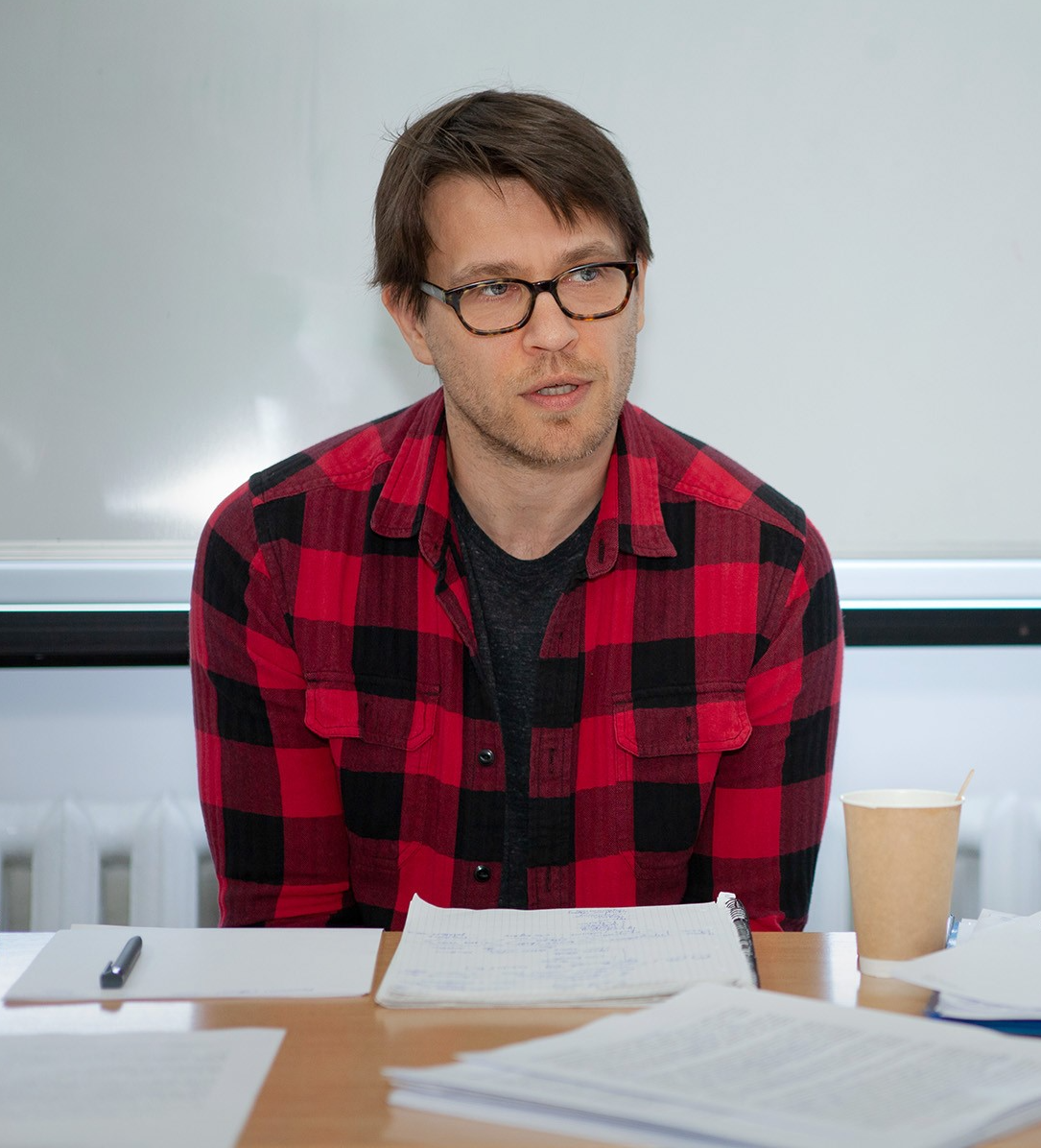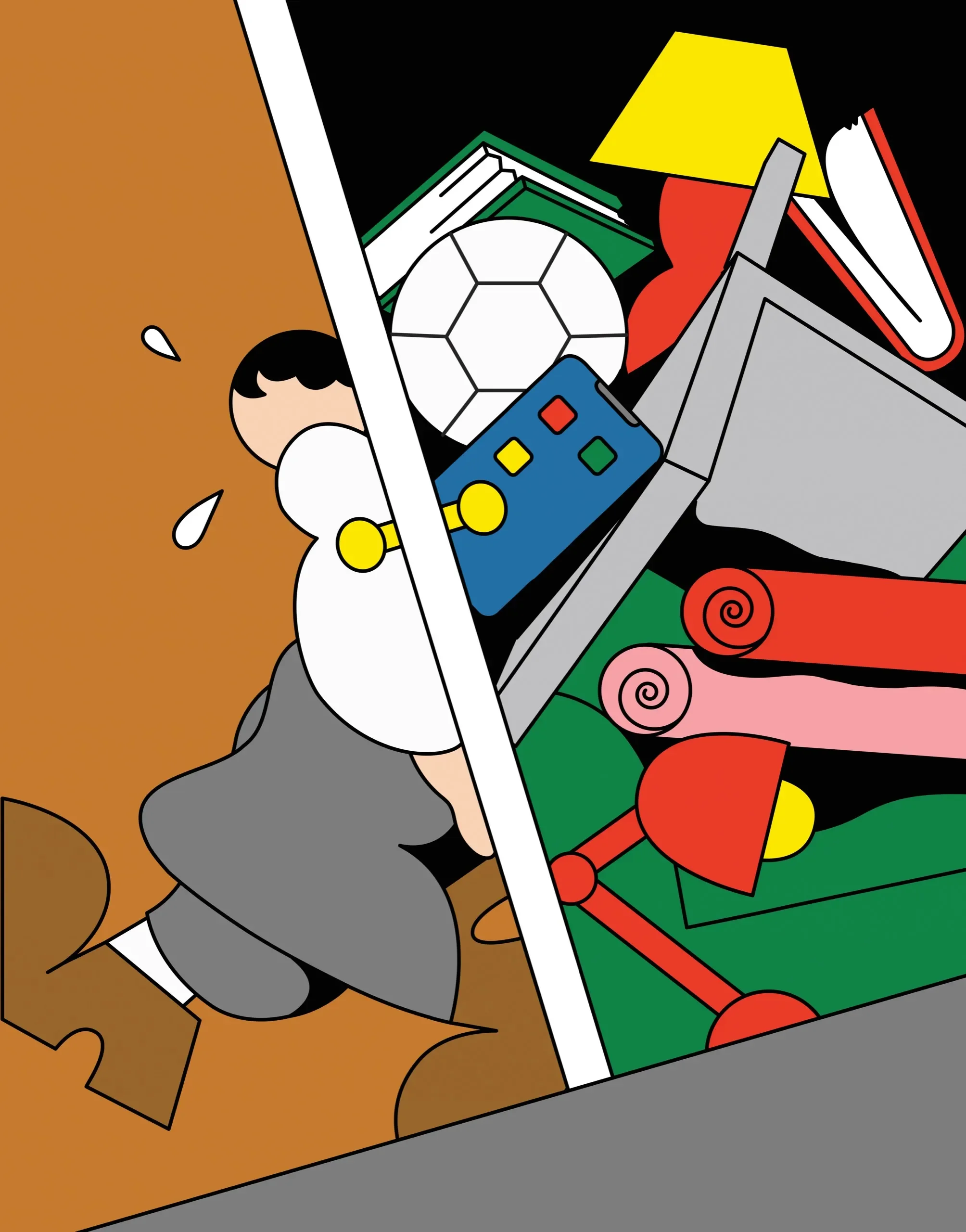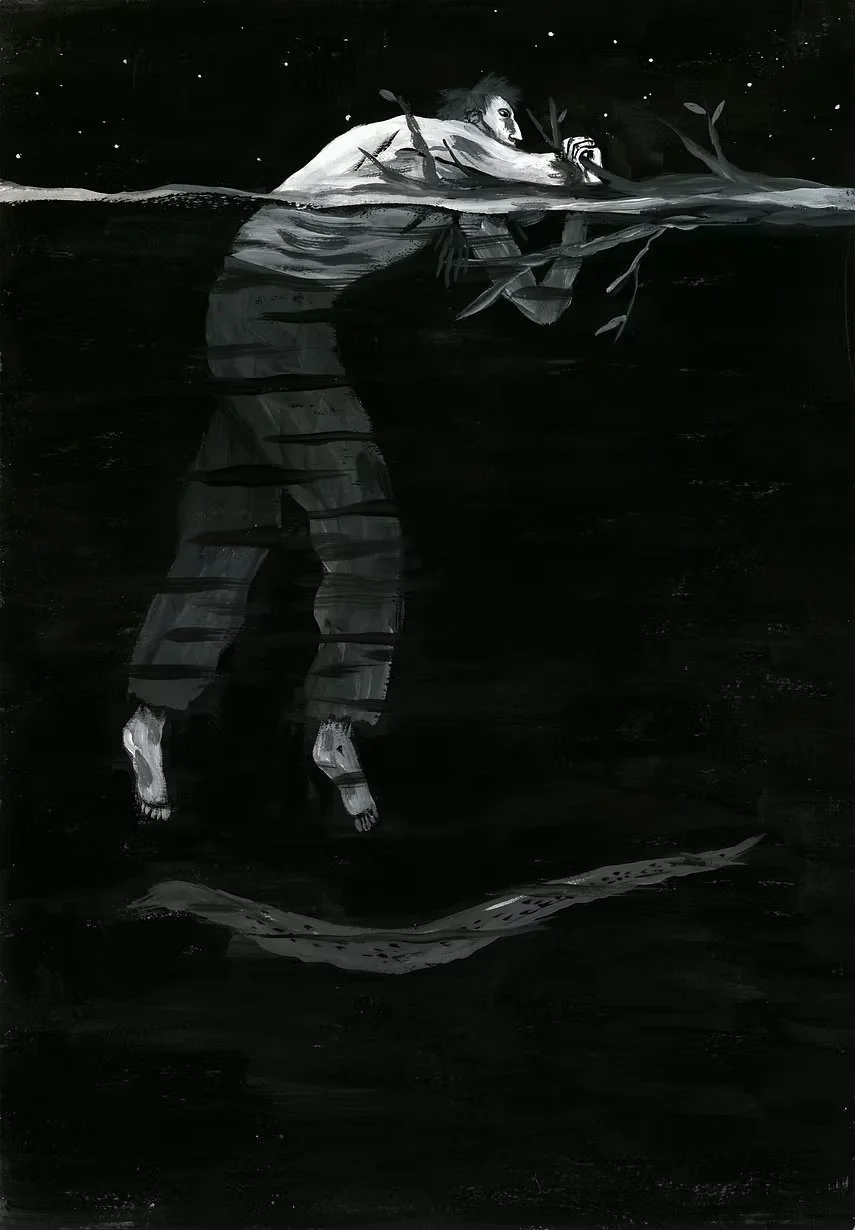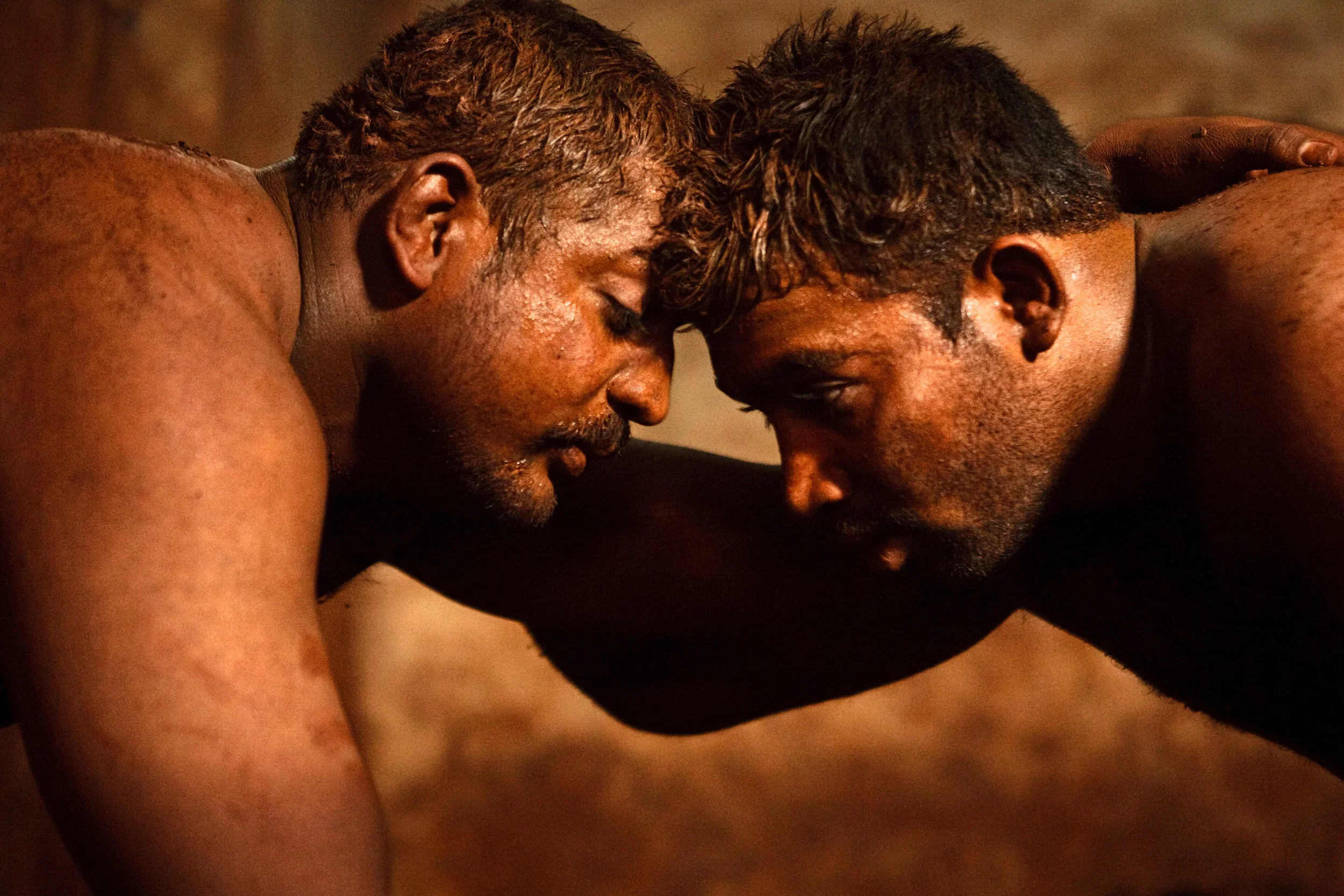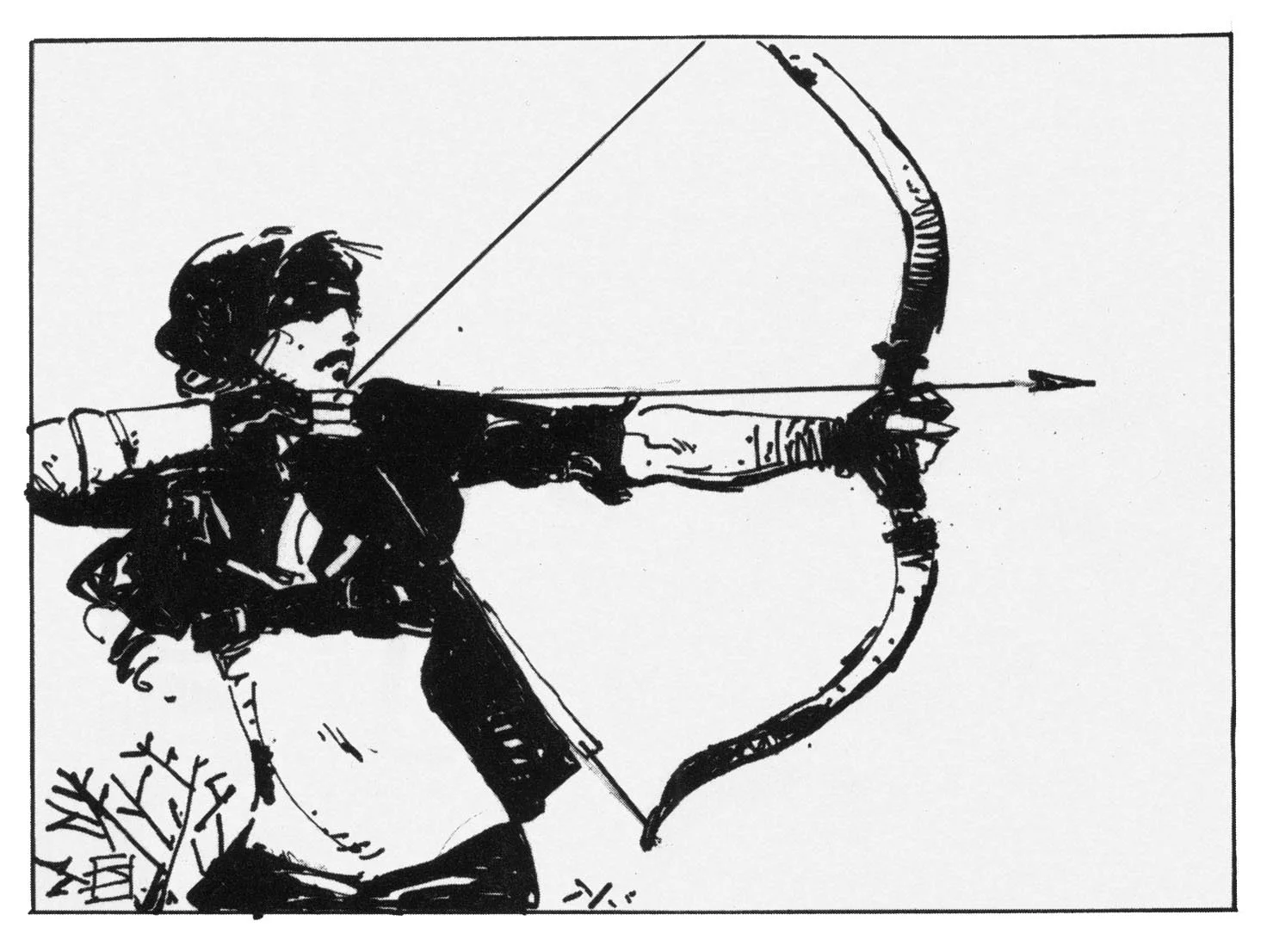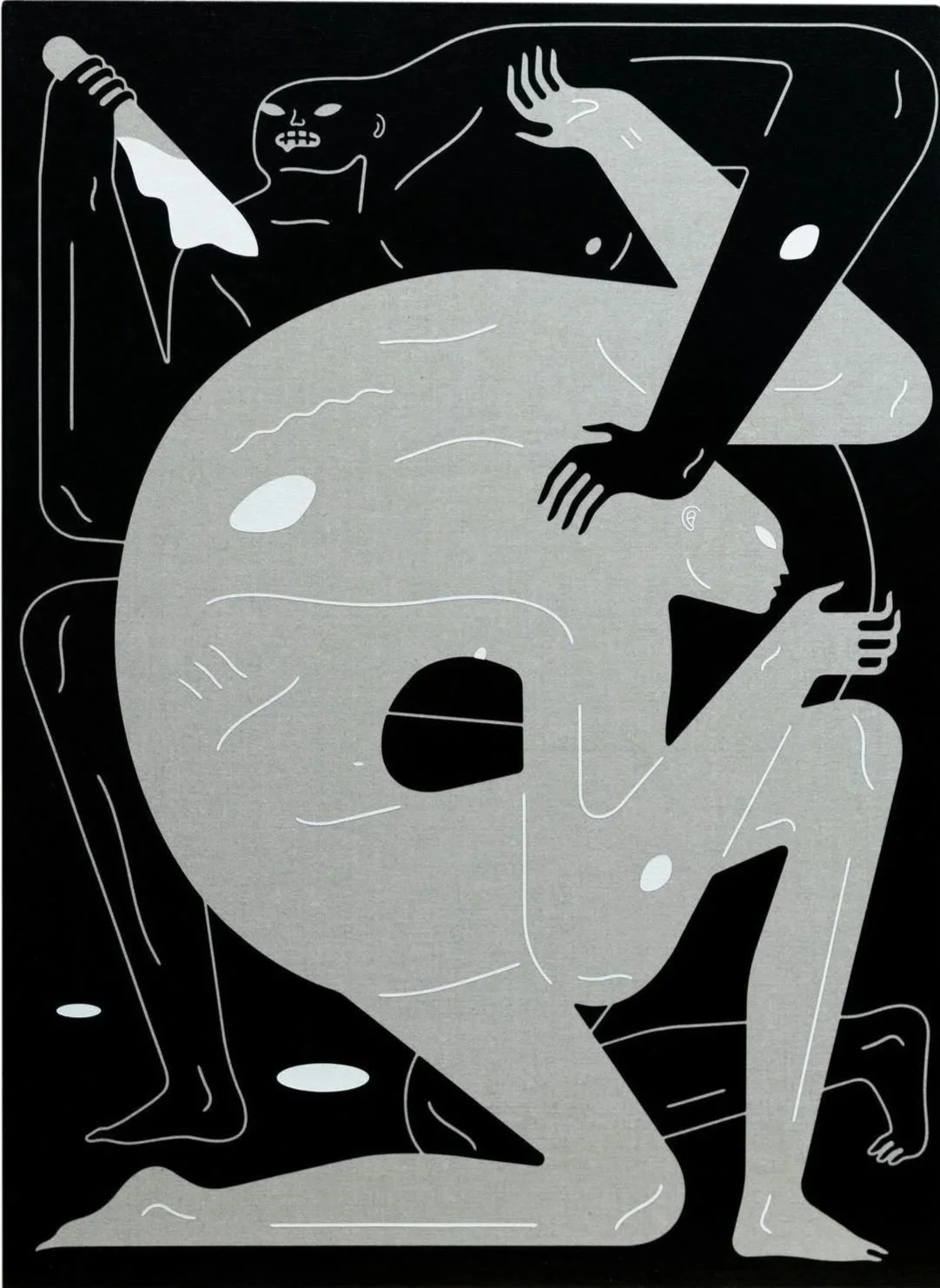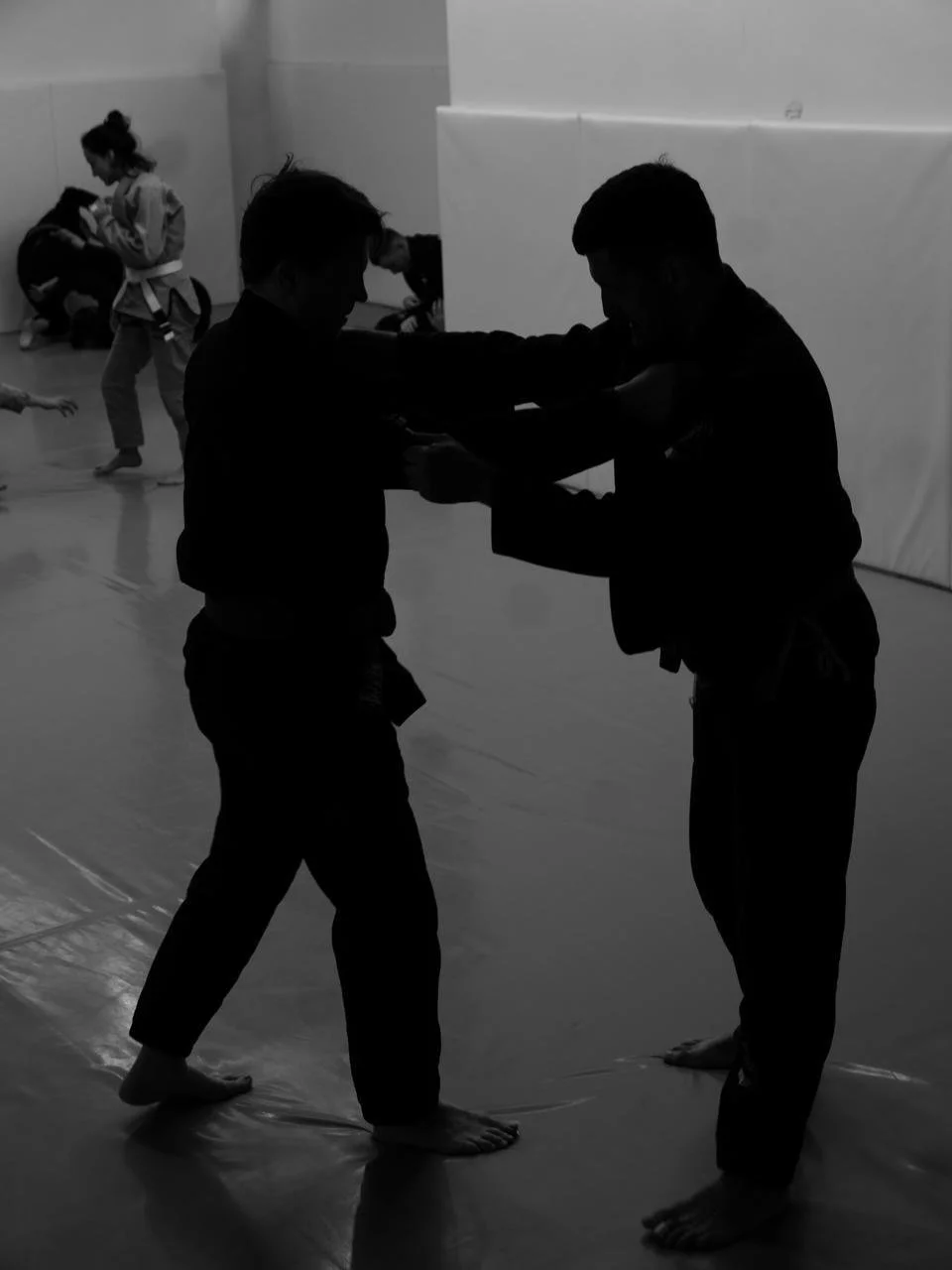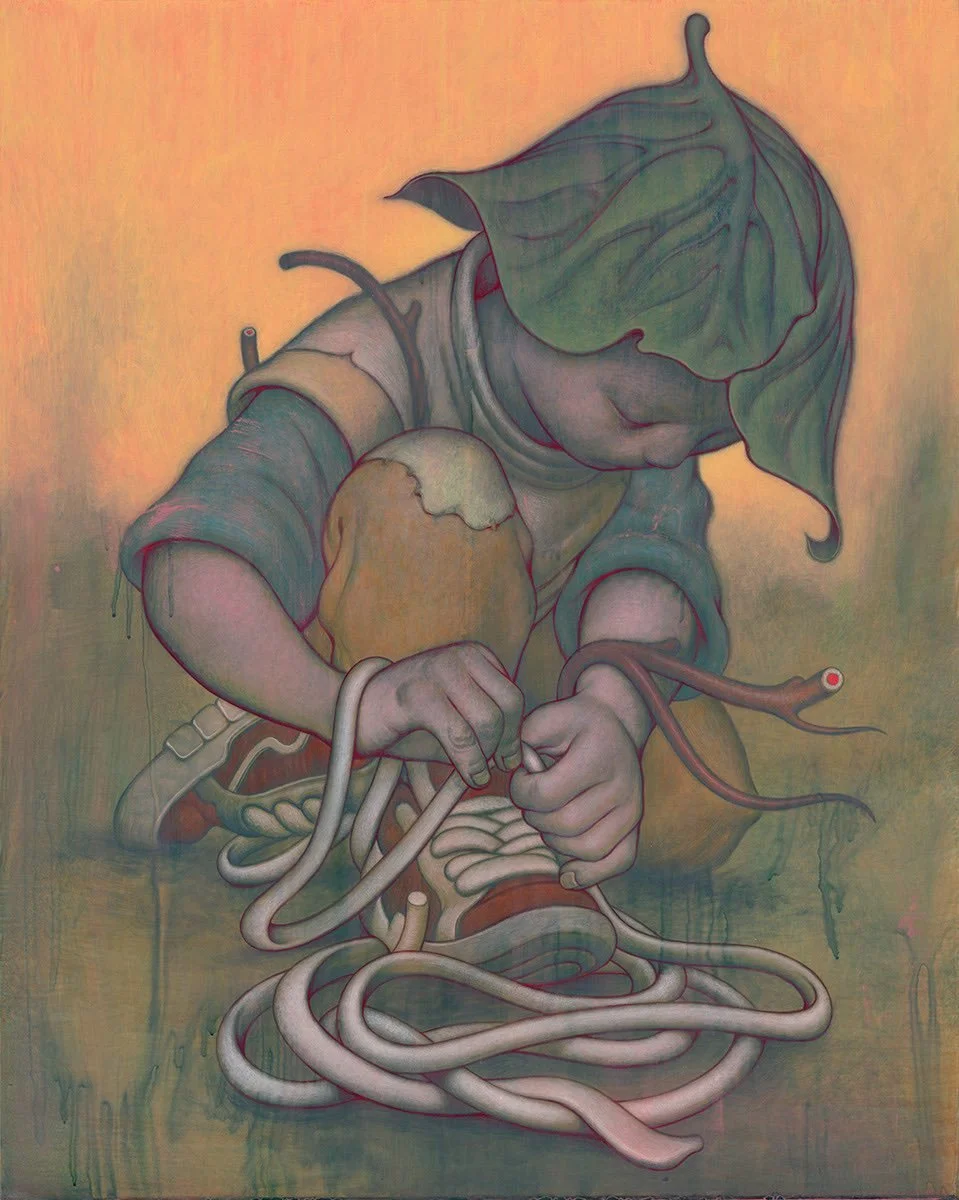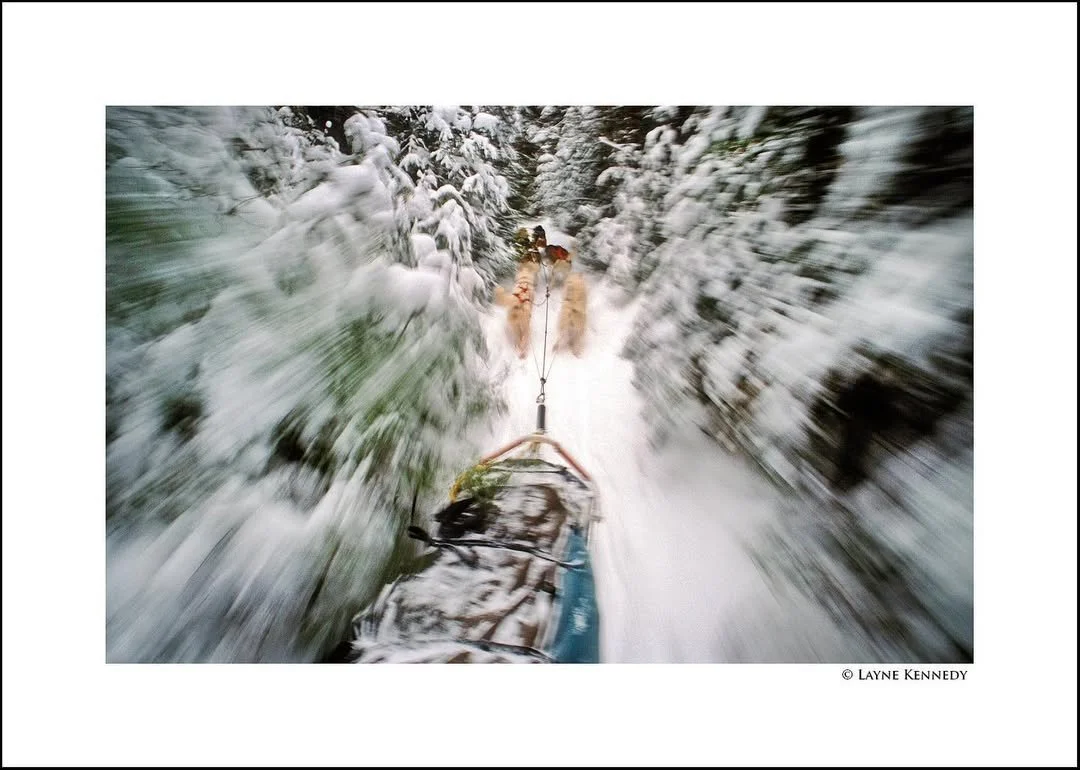You have a favorite piece of music—the one dearest to you?
It calms you or fires you up. Grounds you or lifts you high.
Through the years you keep coming back to it, for some reason.
That “for some reason” matters most—you don’t know its secret.
If someone explained the mechanism, would the knowing make the joy deeper? Doubtful. Worse if they forced you to justify why it pulls you.
No argument needed. You know it solid: “This is the One.”
So strong you could make the hard choice:
Which single melody would you listen to for the rest of your life?
That is the power of a genuine bond with what draws you irresistibly.
Sincerely yours,
-Alexander
As a business therapist, I help tech founders quickly solve dilemmas at the intersection of business and personality, and boost company value as a result.
Stuck? Your business grows when you do. I’m your business therapist to guide your shift. See testimonials here. Ready? Book your Catalyst session.



